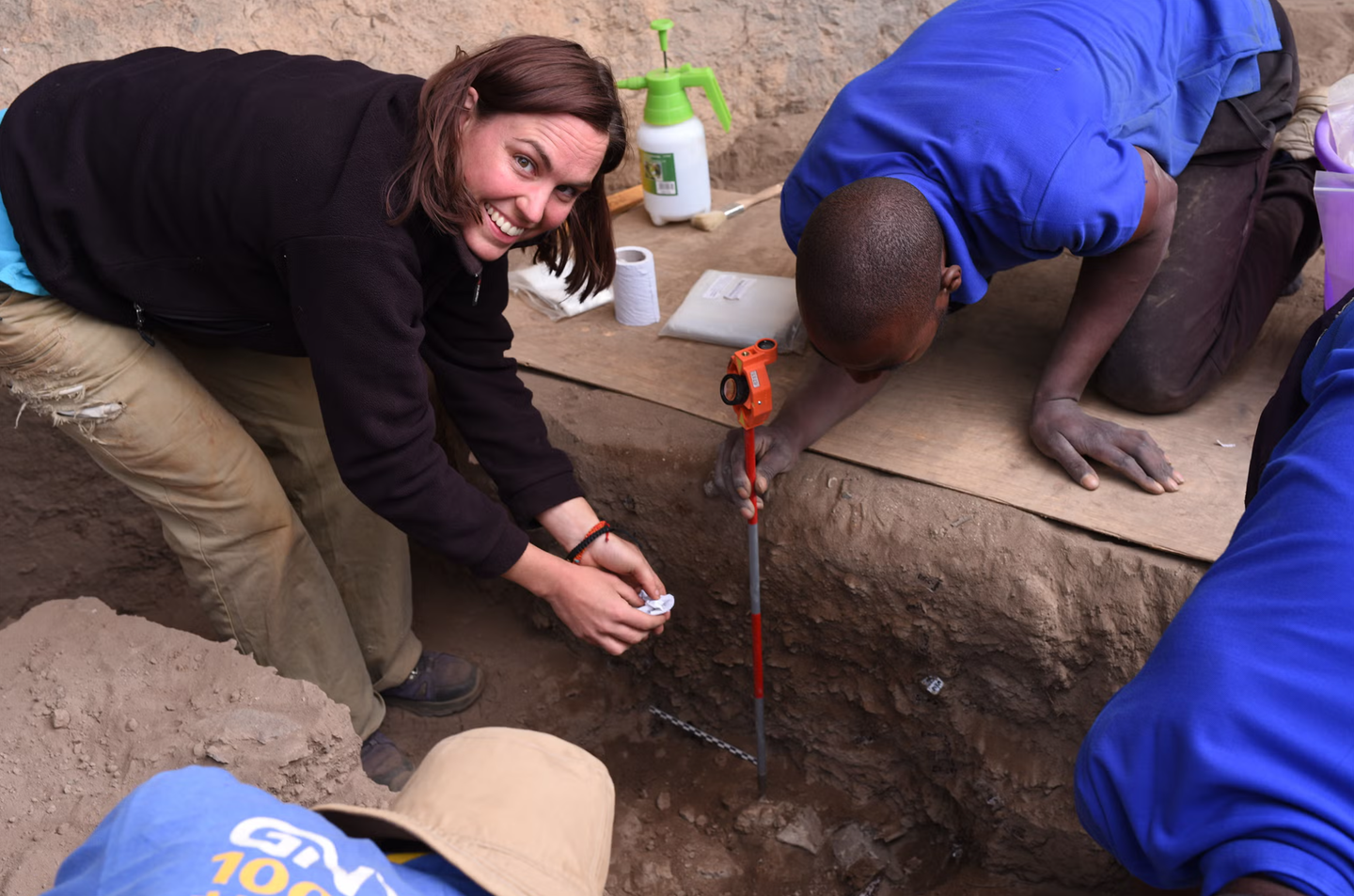Researchers use AI to make the internet safer for children
To combat online threats, researchers are developing technology-assisted education programs to protect young internet users.

Imagine a teenager, caught in a web of deceit, sending explicit pictures to a newfound online love, only to be blackmailed by a stranger from another country. (CREDIT: Creative Commons)
Imagine a teenager, caught in a web of deceit, sending explicit pictures to a newfound online love, only to be blackmailed by a stranger from another country. Or consider a tween, eager to meet a supposed teen girl who bought her jewelry online, but instead, encountering an unknown man. These scenarios highlight the growing range of online crimes children and teens face today. To combat these threats, three Virginia Tech researchers are developing technology-assisted education programs to protect young internet users from online sexual abuse.
Funded by a National Science Foundation (NSF) grant, Jin-Hee Cho, Lifu Huang, and Sang Won Lee from the Virginia Tech Department of Computer Science are leading this initiative. Their goal is to create an educational program that uses AI-powered chatbots to help children and teens recognize and avoid cyber predators.
The Growing Threats of Online Predation
Traditionally, cybersecurity has focused on safeguarding networks from disruption and devices from data theft. However, Jin-Hee Cho, an associate professor of computer science and the lead researcher on the project, notes a shift towards "social cybersecurity." This emerging field examines how technology influences interactions between people and how these interactions occur through networks and devices.
While the internet facilitates beneficial activities like information dissemination, education, communication, and economic development, it also poses risks, especially for vulnerable groups such as children and teens. A 2021 national survey published in JAMA Network Open revealed alarming statistics:
- 15.6% of young adults reported being victims of online child sexual abuse.
- 11% experienced image-based sexual abuse.
- 7.2% received non-consensual sexting.
- 5.4% were groomed online by adults.
- 3.5% were coerced into providing sexualized images and then extorted, a crime known as “sextortion.”
These figures underscore the urgent need for effective strategies to protect young internet users from online predators.
Developing Technology-Assisted Education
Many efforts to prevent online child abuse focus on detecting perpetrators. While valuable, this approach still leaves children and teens vulnerable. To address this gap, Cho and her colleagues are developing a program that empowers children to protect themselves from online grooming and exploitation.
The project, titled "Using Intelligent Conversational Agents to Empower Adolescents to be Resilient Against Cybergrooming," aims to develop AI-powered chatbots that simulate interactions between predators and children. These simulations will form the basis of an educational program designed for 11- to 15-year-olds. The NSF has provided $855,127 in funding for this project, which will run from 2024 to 2027.
A Collaborative Effort
Creating effective educational tools for online safety requires a multidisciplinary approach. Lifu Huang, an assistant professor of computer science, is focusing on the AI aspects of the chatbots. His expertise in conversational AI and Large Language Models will be crucial in making the educational bots believable as human interlocutors.
"I have a strong belief in using AI techniques to solve social problems," Huang said. His previous research in conversational AI will be instrumental in developing chatbots that can effectively educate children about online safety.
Sang Won Lee, also an assistant professor of computer science, is tasked with compiling data to train the bots. This is a complex challenge, as it involves sourcing data on how predators interact online and using it ethically.
"The challenge for this work is that there is no authentic cybergrooming conversation dataset we can use to train the chatbots," Lee explained. To overcome this, the team plans to use human-centered approaches and establish an ethical platform where adolescents and their parents can collaborate to generate data and raise awareness about cybergrooming.
Pamela Wisniewski, an associate professor of computer science at Vanderbilt University and a specialist in privacy and online safety for adolescents, is another key collaborator. Under a related $344,874 NSF grant, she will consult with teens and experts in cyber abuse and sex trafficking prevention to develop training materials and ensure the chatbots are safe for minors to use.
"My hope is that we can design, develop, and evaluate a tool that can benefit teens by teaching them about the risks of cybergrooming, as well as coping mechanisms to protect themselves," Wisniewski said. "The goal isn’t to restrict and surveil their use of the internet. Instead, we need to give them the tools needed to navigate the internet safely."
Raising awareness about online dangers is critical. In 2005, the U.S. Senate designated June as National Internet Safety Month to highlight the need for education about online safety, especially among young people. Many organizations are working to make online interactions safer, but the task is ongoing and evolving with technology.
The Virginia Tech researchers' project represents a significant step forward in protecting children from online predators. By developing AI-powered educational tools, they aim to equip children with the knowledge and skills needed to recognize and avoid dangerous online interactions.
Looking Ahead
As the digital landscape continues to evolve, so too must our strategies for protecting young internet users. The work being done by Jin-Hee Cho, Lifu Huang, Sang Won Lee, and their collaborators is a testament to the power of technology and education in addressing complex social problems. By empowering children and teens with the tools they need to stay safe online, these researchers are helping to create a safer, more secure digital world for future generations.
The importance of this work cannot be overstated. With one in three internet users worldwide being a child, according to the World Health Organization, the stakes are incredibly high. Ensuring that children and teens can navigate the online world safely is a responsibility that society must take seriously. The efforts of the Virginia Tech team are a crucial part of this endeavor, offering hope and practical solutions in the fight against online predation.
Note: Materials provided above by the The Brighter Side of News. Content may be edited for style and length.
Like these kind of feel good stories? Get the Brighter Side of News' newsletter.



